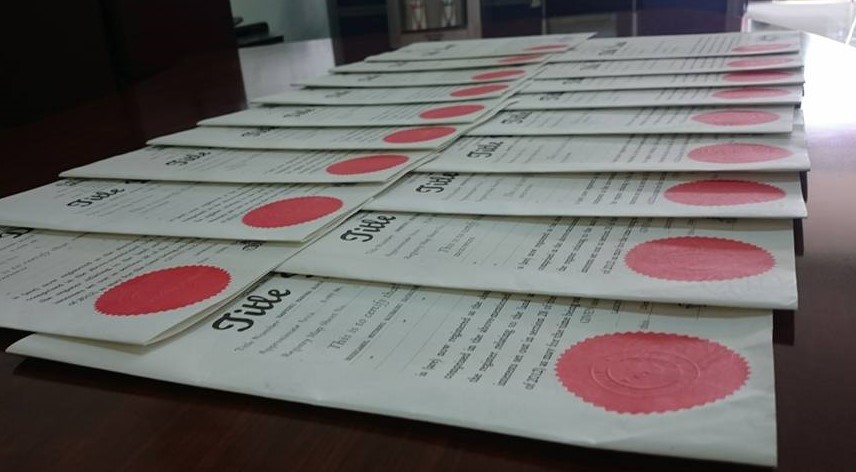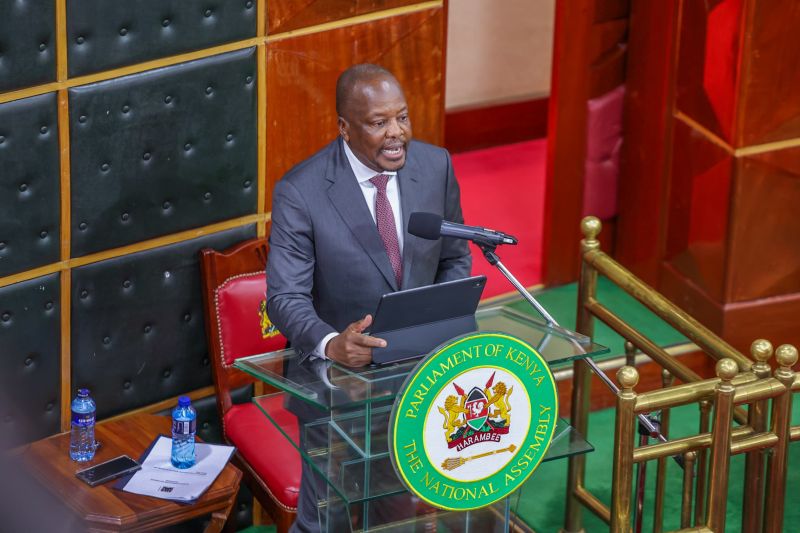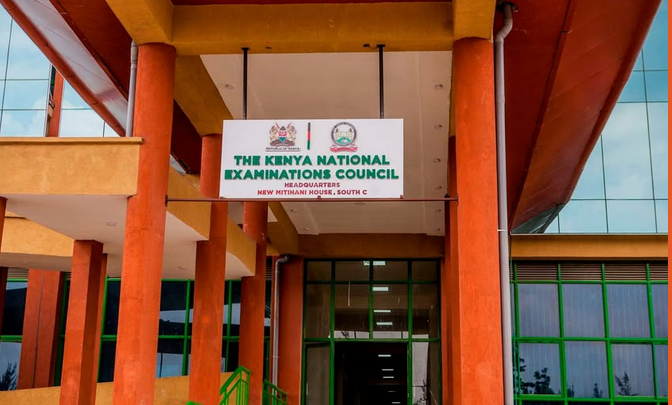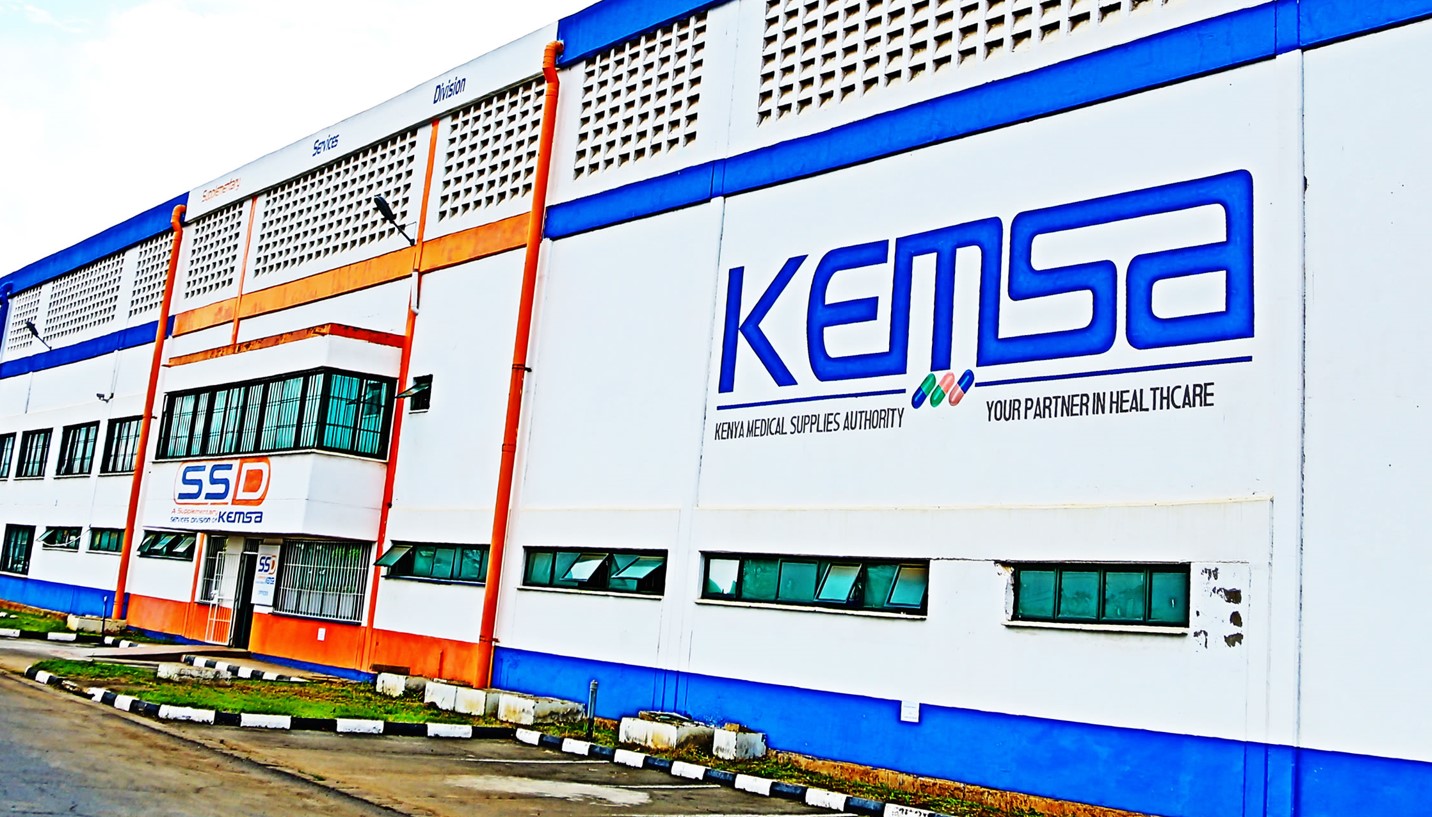How donkey dung collection has boosted cleanliness in Lamu Old Town
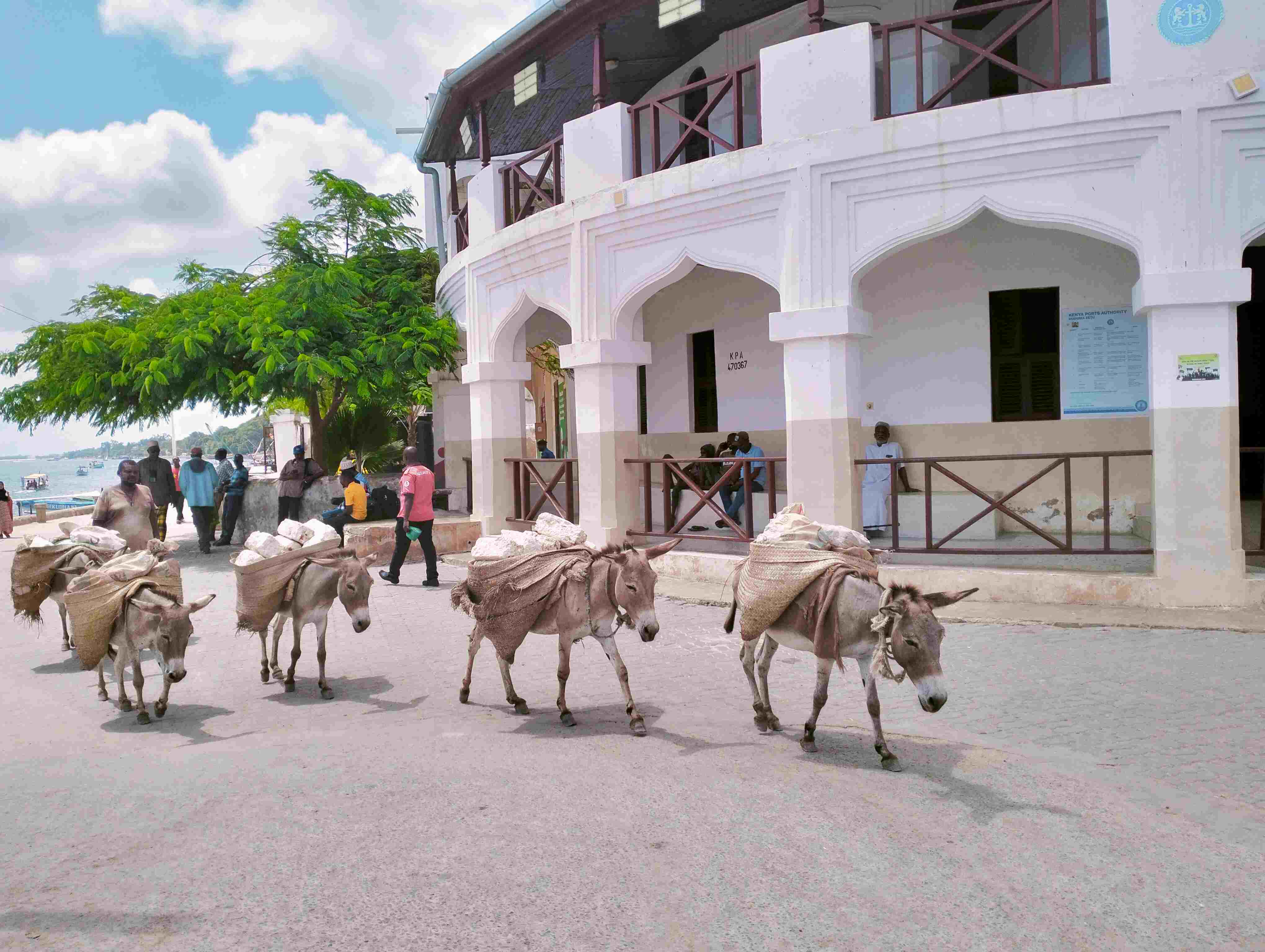
The historical city has been sparkling clean, all thanks to the special, designated cleaners concentrating on the collection of donkey droppings and other solid waste.
The newly introduced donkey poop collection initiative has greatly boosted the cleanliness of Lamu Old Town, a UNESCO World Heritage site.
In recent times, the historical city has been sparkling clean, all thanks to the special, designated cleaners concentrating on the collection of donkey droppings and other solid waste.
More To Read
- Kiunga residents in Lamu raise concerns over weapon testing near homes
- Muslim ritual meets Swahili culture at Kenya’s unique annual Maulidi festival
- Lamu fishermen laud establishement of new cold storage facility in Kiwayu
- Lamu’s King Fahd Hospital makes history with first laparoscopic kidney cancer surgery
- Lamu County unveils refugee peacebuilding programme in Kiunga
- MUHURI pursues justice for families of two killed in Lamu crash involving KDF vehicle
Lamu Old Town is also the Lamu Archipelago’s tourist hub and, hence, cleanliness is crucial.
Cleanliness is a key factor that always influences tourist attraction to the historical site.
Maria Habona, one of the Lamu County Government cleaners, said she always wakes up early, at around 4.30 am, to start sweeping and collecting any donkey dropping that she comes across in the Lamu Old Town. The essence is to ensure when people begin their normal day, they see and walk around streets and pathways that are sparkling clean.
Habona says after the dawn hours of working, she rests at around 7 am.
She resumes duty, moving around the streets at 10 am, where she, again, collects the donkey waste until 12 pm.
“I break for lunch at noon and resume at 2 pm where I work until 3.30 pm, just collecting any donkey droppings and maintaining the cleanliness of Lamu Old Town. That’s the daily schedule,” said Habona.
Whenever she walks, you will easily identify Ms Habona’s job because of the tools she always carries.
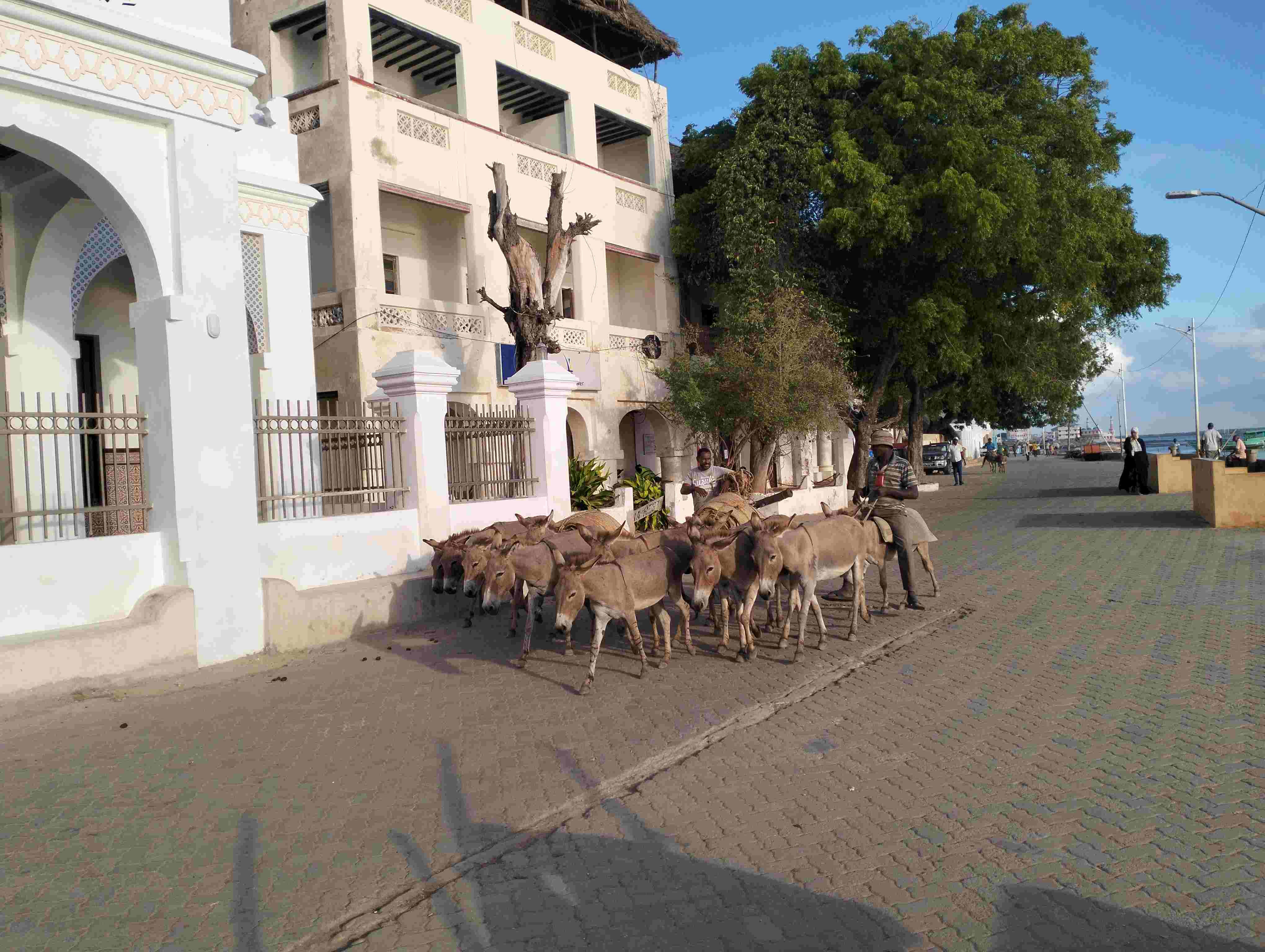 Lamu donkeys passing through a cabro-paved and clean pathway in Lamu Old Town. (Photo: Farhiya Husssein)
Lamu donkeys passing through a cabro-paved and clean pathway in Lamu Old Town. (Photo: Farhiya Husssein)
She is normally equipped with a huge basket, a huge broom and a waste collection pan.
The work that Habona and others have been the collection of donkey poop has borne fruit since in recent times, Lamu Old Town has witnessed a high level of cleanliness-glittering unlike in previous years.
Speaking to The Eastleigh Voice, Municipality of Lamu Environmental and Safeguards Officer Gabriel Ngige said they had to come up with the special donkey waste management initiative as a way of boosting and maintaining a cleaner Lamu free of not only the donkey droppings but also other solid waste like plastics.
Ngige reiterated that while recognising the integral role of donkeys in Lamu’s transport system, bearing in mind that its population is huge and dirtying the environment is inevitable, they opted to introduce the designated cleaners.
Donkeys are a major means of transport on the over 60 islands in the Lamu archipelago.
Lamu Old Town alone, for instance, has more than 2,000 donkeys.
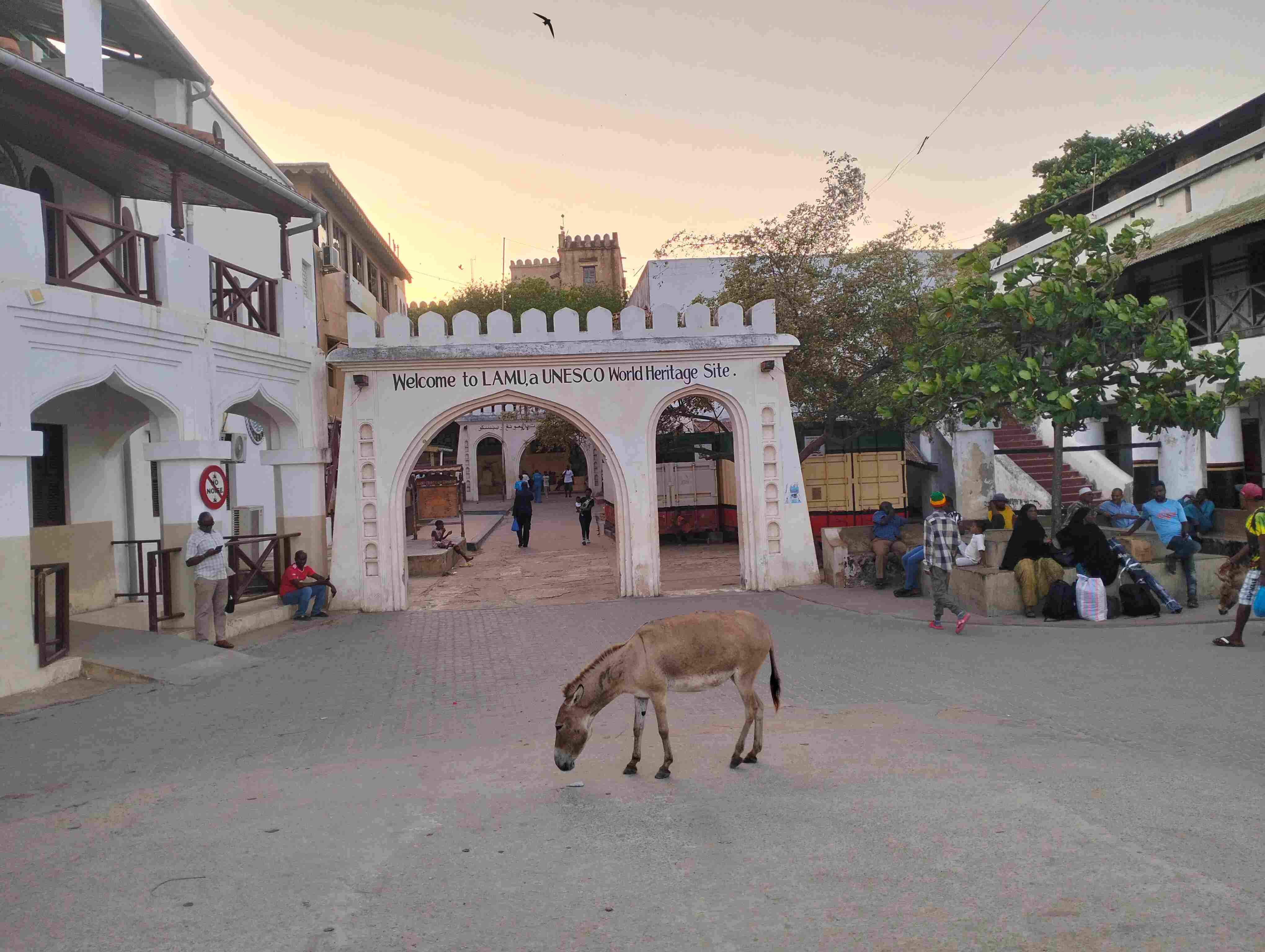 A donkey seen on a clean pathway in Lamu Old Town. (Photo: Farhiya Husssein)
A donkey seen on a clean pathway in Lamu Old Town. (Photo: Farhiya Husssein)
“The cleaners are engaged to manage and properly dispose of donkey waste or droppings, hence, ensuring cleaner and healthier surroundings as you can see today,” said Ngige.
Asked whether the donkey poop collectors of Lamu are specifically recruited for the duty, Ngige said they are part of the county government casual labourers who are selected and specifically given the duty of collecting the donkey droppings.
“They collect the droppings and dispose of the same at the dump site. Those designated cleaners don’t have any special pay. They receive the standard pay other county cleaners receive. It’s just the concentration that has been given to the donkey waste collection,” Ngige said.
Meanwhile, the Municipality of Lamu has enhanced sanitation efforts at Lamu Old Town in a move aimed at boosting the status of the UNESCO World Heritage site.
Lamu Municipality Manager, Abdulswamadu Abdallah noted that the advancements in sanitation and infrastructure will help to attract guests and tourists to the archipelago.
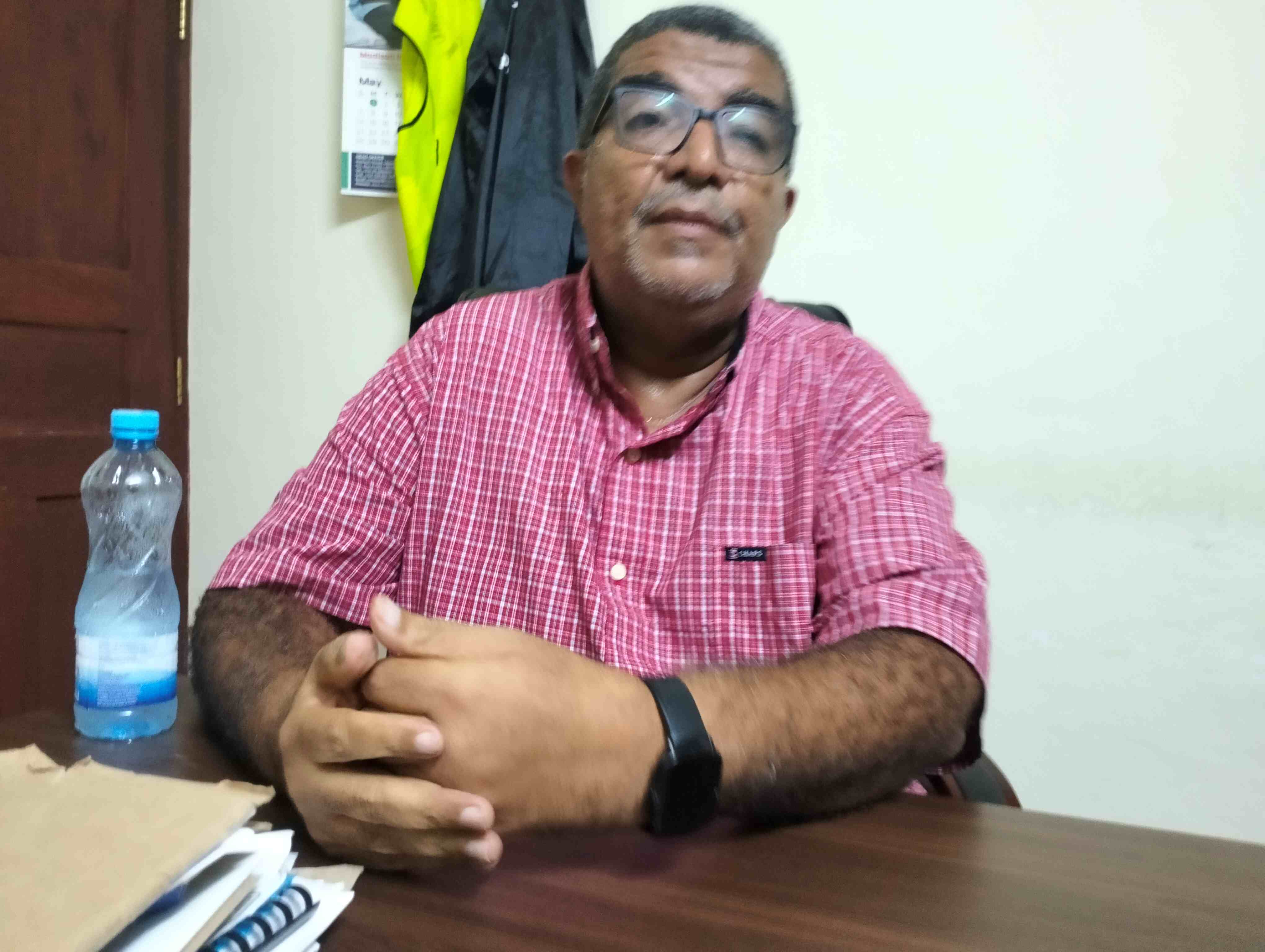 Lamu Municipality Manager Abdulswamadu Abdallah. (Photo: Farhiya Hussein)
Lamu Municipality Manager Abdulswamadu Abdallah. (Photo: Farhiya Hussein)
Lamu Town’s economy depends directly on tourism by almost 85 per cent according to the municipality.
Abdallah said the efforts to improve sanitation and infrastructure reflect a strong commitment to preserving the cultural heritage and improving the living conditions of residents and visitors alike.
Lamu Old Town is the oldest and best-preserved Swahili settlement in East Africa, renowned for its unique cultural heritage and traditional architecture.
Recognised as a UNESCO World Heritage Site in 2001, it serves as a living museum and a testament to the region’s rich history.
“The municipality has strategically installed waste bins along the seafront and streets within Lamu Old Town. This initiative aims to promote responsible waste disposal and maintain a clean environment for both residents and tourists,” said Abdallah.
As part of the ongoing efforts to improve infrastructure while respecting the town’s historical significance, the municipality has also begun rehabilitating streets and upgrading the drainage system.
Colonial-era street pavements are being replaced with user-friendly designs that meet the current needs of residents and visitors. The municipal enforcement team has also intensified surveillance to provide security and curb irresponsible dumping. This proactive approach aims to maintain the town’s cleanliness and protect its heritage status,” he said.
Other initiatives taken include the development and installation of vertical drains within the Old Town.
These systems are designed to efficiently handle excess water and prevent flooding during heavy rains.
The efforts are part of the Lamu Municipality's broader strategy to balance heritage conservation with modern urban needs.
Abdallah noted that by investing in sanitation and infrastructure, they are not only preserving the historical charm of Lamu Old Town but also enhancing its livability for generations to come.
“The Municipality of Lamu invites residents, visitors, and stakeholders to support and uphold these sanitation and conservation efforts as part of a collective commitment to protecting this treasured UNESCO World Heritage Site,” said Abdallah.
Top Stories Today
